|
|
|
Editor's note
|
|
One of the most asked questions when it comes to the coronavirus pandemic is which country has the best strategy for curbing the spread of COVID-19. Many of us are anxiously following the daily updates of ever rising death rates across the world, hoping to learn the answer. But different countries have radically different approaches to testing, sampling and reporting. This leads to significant biases in the data, which can make country comparisons useless. If a country has a low death or infection rate compared to others, it is not necessarily because it is managing the virus any better or that the virus has infected fewer people. Luckily, as Norman Fenton, Magda Osman, Martin Neil and Scott McLachlan explain, there are ways to improve the modelling, something which should ideally be done in parallel with random testing.
Nicolas Guilhot, meanwhile, examines why so many conspiracy theories have sprung up in the months since the virus first emerged. And Stanley Shanapinda busts the dangerous myth that radiation from 5G technology can spread the coronavirus.
|
Miriam Frankel
Science Editor
|

|
|
Top Stories
|
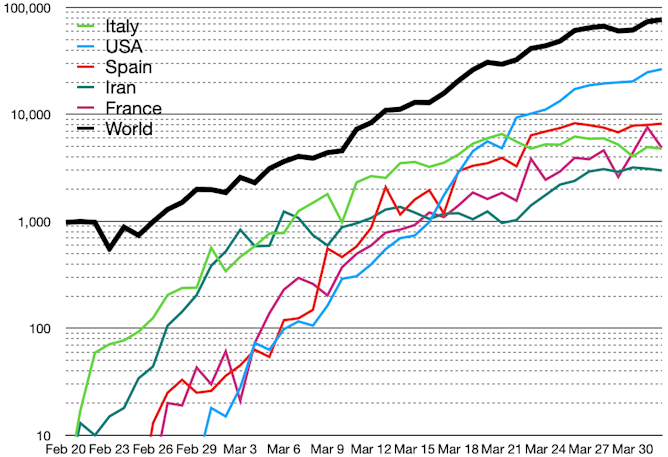
New cases daily for COVID-19 in world and top countries.
Chris55 /wikipedia
Norman Fenton, Queen Mary University of London; Magda Osman, Queen Mary University of London; Martin Neil, Queen Mary University of London; Scott McLachlan, Queen Mary University of London
We need to update models on death rates or introduce truly random testing to understand the true impact of the coronavirus.
|
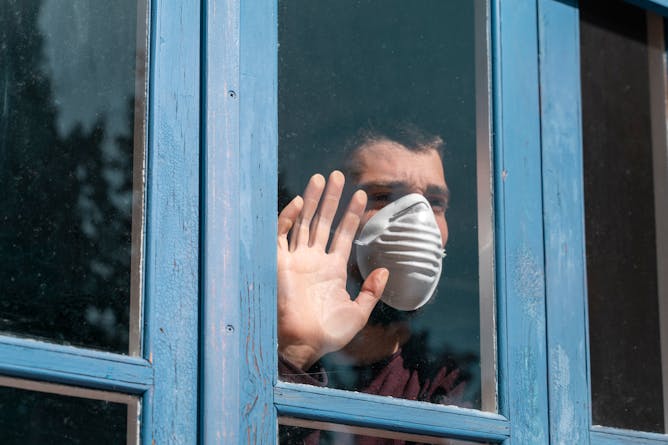
Shutterstock
Nicolas Guilhot, City College of New York
Like conspiracy theories, pandemics are about an invisible and powerful enemy hiding among us.
|
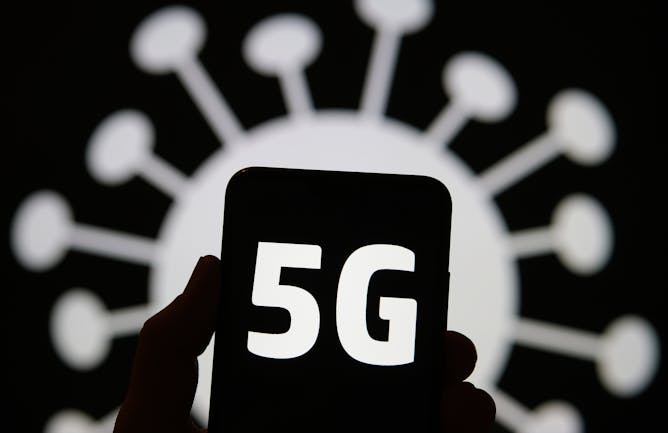
Shutterstock
Stanley Shanapinda, La Trobe University
As if attacks on health workers weren't upsetting enough, reports indicate broadband engineers are now also being abused - as conspiracy theorists link 5G technology with to COVID-19's spread.
|
COVID-19
|
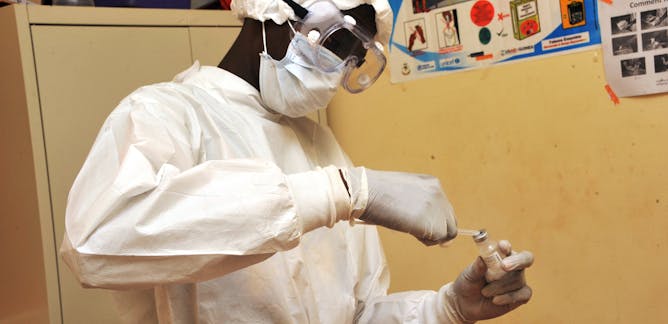
Jenniffer Mabuka-Maroa, African Academy of Sciences
More countries on the African continent must urgently get involved in clinical trials so that the data collected will accurately represent the continent at a genetic level.
| |
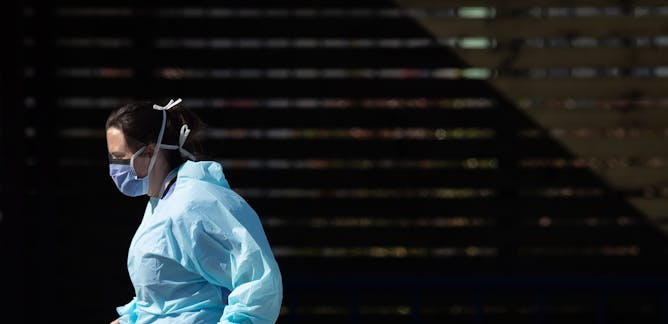
Patricia Nicholson, The Conversation
This fifth weekly column by our team of international health editors highlights more of the recently published articles from The Conversation’s global network.
|
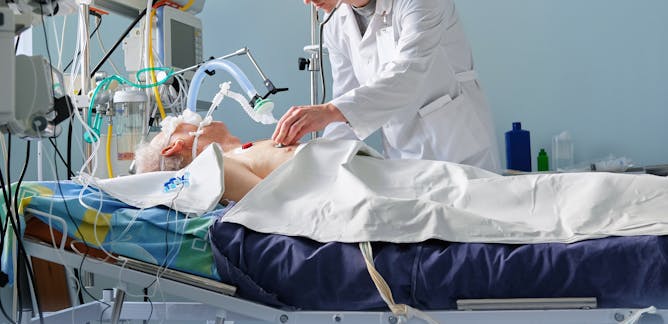
Berto Pandolfo, University of Technology Sydney
Mechanical ventilators are often used in life and death situations, treating patients with pneumonia, brain injury and stroke. One mechanical ventilator can cost up to A$82,000.
| |
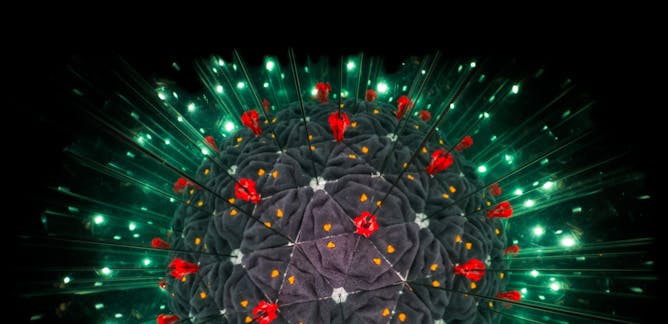
Niema Moshiri, University of California San Diego
The SARS-CoV-2 virus that causes COVID-19 is constantly mutating. What do these mutations reveal about this virus's evolution? And will this knowledge help us to develop a long-lasting vaccine?
|
|
|
Arts, Culture and Society
|
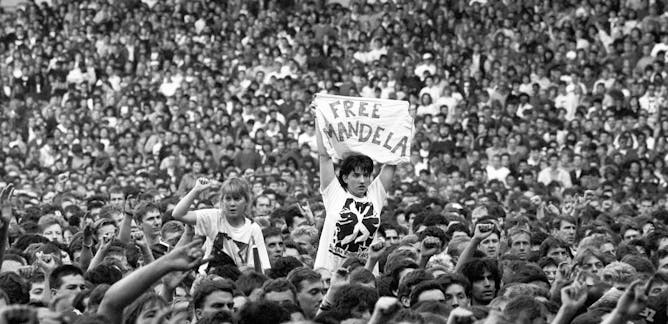
Matthew Graham, University of Dundee; Christopher Fevre, University of the Free State
The British Anti-Apartheid Movement was founded 60 years ago. Here's why it remains as relevant today as in its heyday.
| |
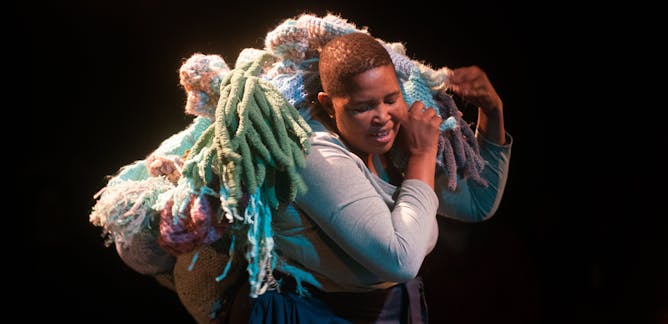
Kira Erwin, Durban University of Technology
Empatheatre's latest production is more than a play about three characters who live near the sea. It's a model for collective consultation on how to save the ocean.
|
|
|
En Français
|
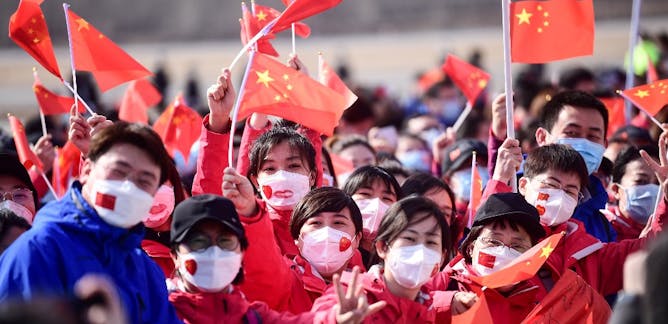
Cyrille Bret, Sciences Po – USPC
La Chine semble bien partie pour rebondir malgré les difficultés économiques engendrées par la crise sanitaire. Pour l’UE et les États-Unis, c’est moins certain…
| |

Jean-Michel Reess, Observatoire de Paris
La prochaine mission martienne de la NASA embarque une caméra sophistiquée qui participera à détecter des traces de vie fossile.
|
|
|
En español
|
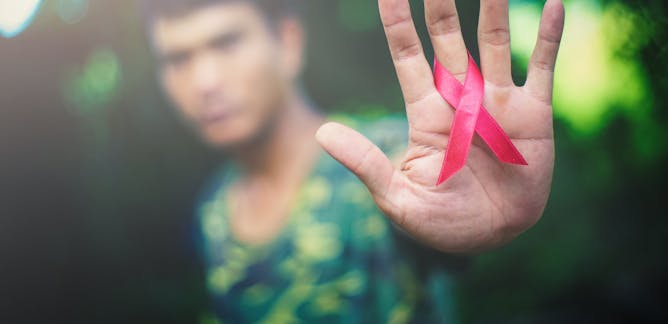
Sergio Villanueva Baselga, Universitat de Barcelona
Si miramos al pasado (y también a parte del presente), veremos cómo los enfermos de la epidemia del VIH (que ya ha matado a más de 30 millones de personas) fueron y son estigmatizados. En España ya empezamos a ver justicieros de balcón y vecinos que denuncian a otros. Es momento de mirar hacia atrás para no cometer los mismo errores.
| |
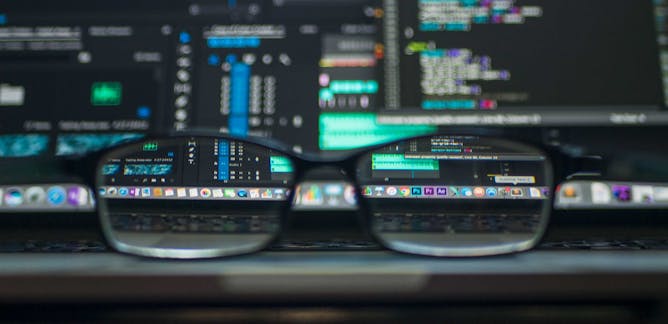
Javier Valls Prieto, Universidad de Granada
La cuarentena ha tenido como efecto un mayor consumo de internet. Este factor, añadido a la sensación de seguridad que produce estar en nuestra casa, aumenta el riesgo de sufrir un ciberdelito.
|
|
|
| |
| |
| |
| |
| |
| |
|
|
|
|
|
|
|